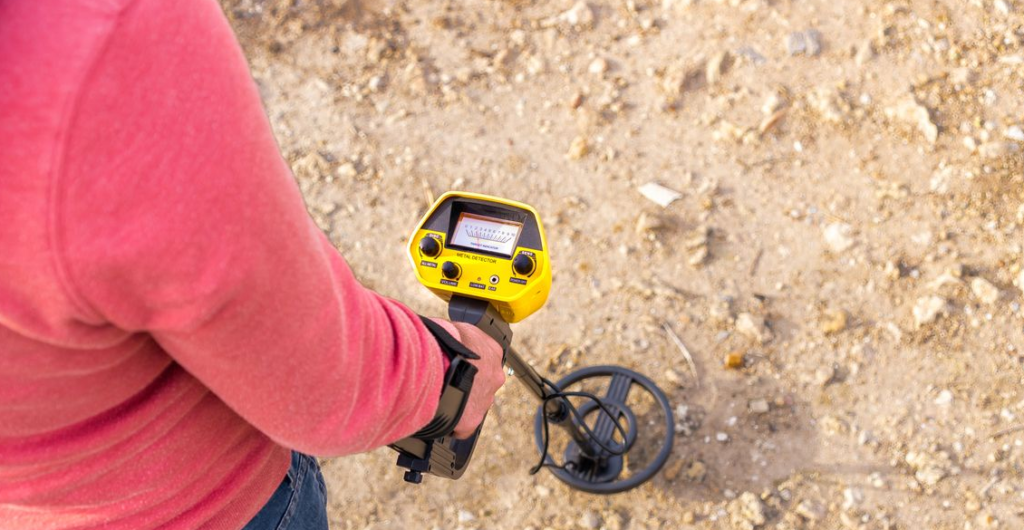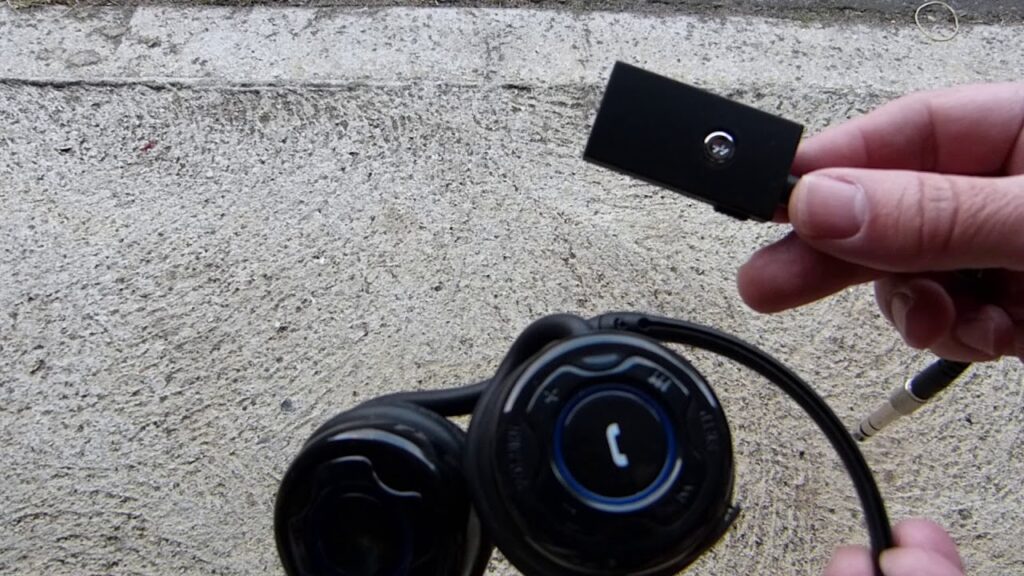
Metal detectors are a popular hobby for many people, with several benefits for the users. But are metal detectors legal? Do you need a license or permit to use one? This article takes a look at the legality of metal detectors.
There are many reasons why you would want to know if metal detectors are legal to use on a specific piece of property. Perhaps you have heard that they are, and want to go treasure hunting. Maybe you were told they are not, and do not want to risk getting into trouble.
Are Metal Detectors Legal?
In most cases, metal detectors are perfectly legal to use, but it depends on where you are when you use them and whether or not you are disturbing anyone else. If you are on private property, you have the owner’s permission to use a metal detector. If you are on public property, the laws often vary from state to state and city to city. If you are in a National Park or other government-owned land, the rules change again.
The laws that apply to metal detecting on public land usually fall under the Fourth Amendment. This amendment protects people from unreasonable searches and seizures. So long as you aren’t digging up historical sites or relics that belong to the government or a museum, many states allow people to freely use metal detectors on public property.
Despite these laws, metal detecting is still legal in some places. It’s important to know what the laws are in your area before you get started.
Here’s a list of state and federal laws, along with some tips for digging up relics where they’re still legal:
- Alabama: Legal at state parks, provided it’s not posted against it.
- Arizona: Legal on private land if it’s not posted against it. Illegal on public land with a few exceptions, like Arizona State Parks and Northern Arizona University-owned property.
- California: Legal in all state parks but not allowed to remove any artifacts from the park.
- Colorado: Legal on public land as long as you don’t remove any artifacts from the site.
- Connecticut: Illegal to use a metal detector on public property without permission from the town or city government that owns the land you’re digging on.
- Florida: Legal to use on any private land as long as you have permission from the landowner and to use one on public beaches and underwater without getting permission from the government agency that owns those locations.
- Georgia: Illegal to use one on public land without written permission from the government agency that owns the location you want to dig on.
This is because every city and jurisdiction has its own laws in place. The good news is, as long as you know a few of the most important things you can use your metal detector on public property without any problem.
Where are metal detectors not allowed?
If you’re looking to buy a metal detector or you already own one, it’s important to know where they are not allowed. This way, you can avoid the risk of being denied metal detector use and possibly a hefty fine.
There are numerous places metal detectors aren’t allowed. While some countries don’t specifically state anywhere metal detectors are banned, there may be laws or rules that are violated by using one.
Metal detectors are not allowed in the following places:
Airports and other Transportation Facilities: Metal detectors are used to screen people and baggage for weapons, but they are not allowed in airports by FAA laws.
Airports have to find alternative ways to screen people, such as using wands or patting down passengers. Many airports have installed these machines in order to avoid lawsuits from the families of the victims of air crashes. Since it is a federal law, metal detectors are not allowed at any transportation facility.
Train stations: Metal detectors are also banned at train stations, bus depots, and even toll booths. Some security experts believe that if metal detectors were allowed in all these places, it would be easier for terrorists to bring weapons into public places.
Schools and Sports Arenas: Most schools do not allow students to wear jewelry during classes, because it is dangerous for students to wear jewelry and could be used for hurting other students.
Schools do not allow metal detectors because they would have to screen every student every day and this may take up a lot of time. However, some schools do have metal detectors in place because they feel that they need extra protection against weapons being brought into school buildings.
Museums: Most museums do not allow visitors to use metal detectors on their grounds. This is because these devices could damage important historical items that may be located on the museum’s grounds. In addition, they can also interfere with other important features of a museum as well. Some museums also charge people who bring in metal detectors a fee to enter their facility so you will want to check with a specific museum before visiting.
Also, metal detectors are not allowed in colleges, yoga centers, and hospitals. There is a very important reason for this. In these places, children, women, and the elderly visit on a regular basis for studies, examinations, or checkups.
The use of metal detectors can be extremely harmful to them. The best way to make sure that people do not carry weapons into these places is to ban them from being used there.
It is also necessary to carry out security checks with the help of handheld metal detectors or wanding methods so that there is no room for any mistake which might harm a person.
It’s a wrap.
It would be wise to check before going to any of these places to make sure they are not prohibiting the use of metal detectors. Despite the fact that they are not allowed in most places, there are still plenty of other opportunities for searching. If you want to hunt treasure, there are many areas where you can find relics and coins out in the open. It should be noted that digging on private property is not recommended, so if you spot a place where an item is visible above ground, it’s probably safe to dig without a detector.


